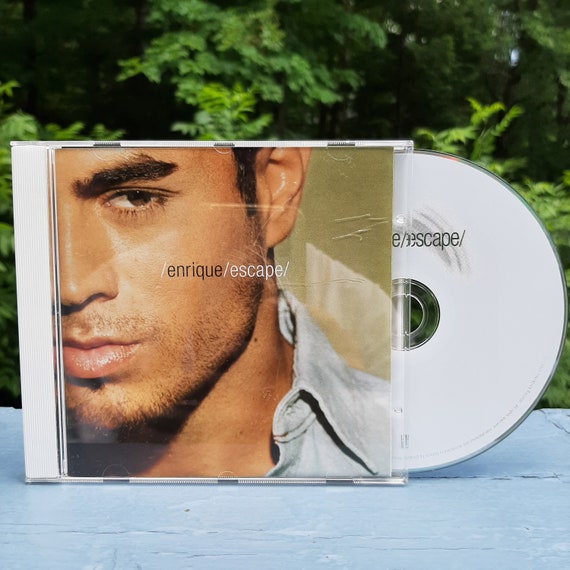

Yes, he’s far outperformed contemporaries like Ricky Martin or Marc Anthony on sales statistics alone, but his influence has spread far wider than that. With record-breaking statistics to his name in dance, pop, and Latin markets (he has had more Billboard dance No.1s than Usher or Michael Jackson) it’s very hard to succinctly define Iglesias’ success. Spanish-language single “Ayer” proved a particular highlight on that album, but it was the international club banger “I Like It,” featuring Pitbull, that could be heard blasting out of radios around the world that summer. The Billboard Latin Awards came thick and fast, and it was clear Iglesias was being recognized as a pioneer. In 2010, determined to finally demolish redundant language barriers, Iglesias issued his first bilingual project, Euphoria, with a near-even mix of tracks recorded in English and Spanish. For his famous father (the recording legend Julio), who allegedly had concerns about his son following him into the music business, it must have been quite a moment. No wonder that, in 2008, Enrique was named the World’s Best Selling Latin Performer and Best Selling Spanish Artist. Whether it be Kelis (“Not In Love”), Ciara (“Takin’ Back My Love”) or Lil Wayne (“Push”), the partnership always seemed to fit effortlessly with the track, and it has proved a smart tactic to drive radio support in tough-to-crack markets. It was around this time that he also developed another of his career consistencies: the clever collaboration. On 2002’s Quizas, the singer started to break down those barriers: some of the collection’s singles got airplay on US-based Top 40 stations. The strategy worked, and Iglesias slowly established himself as a reliable hit-maker in both markets, which, back then were still stubbornly segregated. After that, things really became interesting and the singer-songwriter started to experiment, jumping between English-language projects and Spanish recordings. On Escape, released in 2000, sales outstripped expectation still further and the mega-hit “Hero” became Iglesias’ first signature song, topping charts around the world. His earlier success on an indie label in the Latin markets had hinted little of this sort of impact: crossover acts just hadn’t managed to do this before. Across his debut English-language album, Enrique, the show-stoppers kept on coming, with “Be With You,” “Rhythm Divine” and “Sad Eyes” maintaining the momentum. “Bailamos” emerged from the production team behind Cher’s mega-hit “Believe” and was one of 1999’s biggest tracks. Like her early releases, Iglesias’ early English-language recordings were out-and-out pop-dance cuts, delivering massive hits but hinting little of the longevity to come. It would perhaps be wrong to measure him against that mistress of reinvention, Madonna, but the pair share an ability to keep one step ahead of the times. ADVERTISEMENT One step ahead of the times


 0 kommentar(er)
0 kommentar(er)
